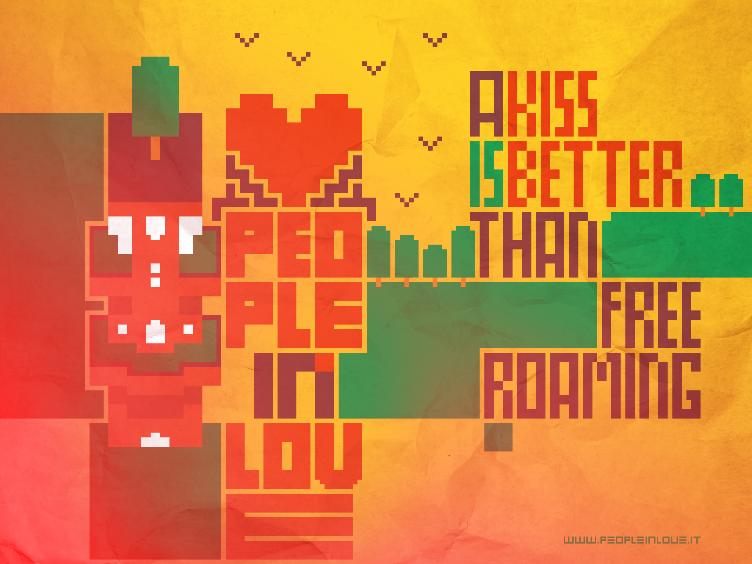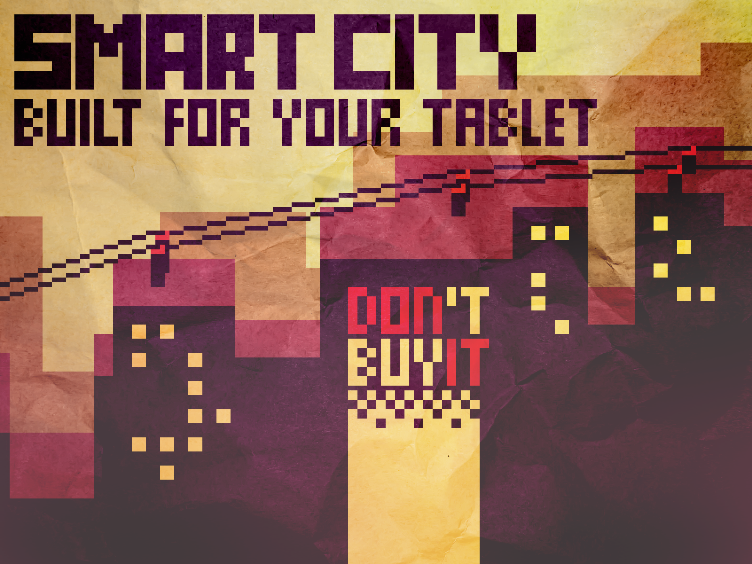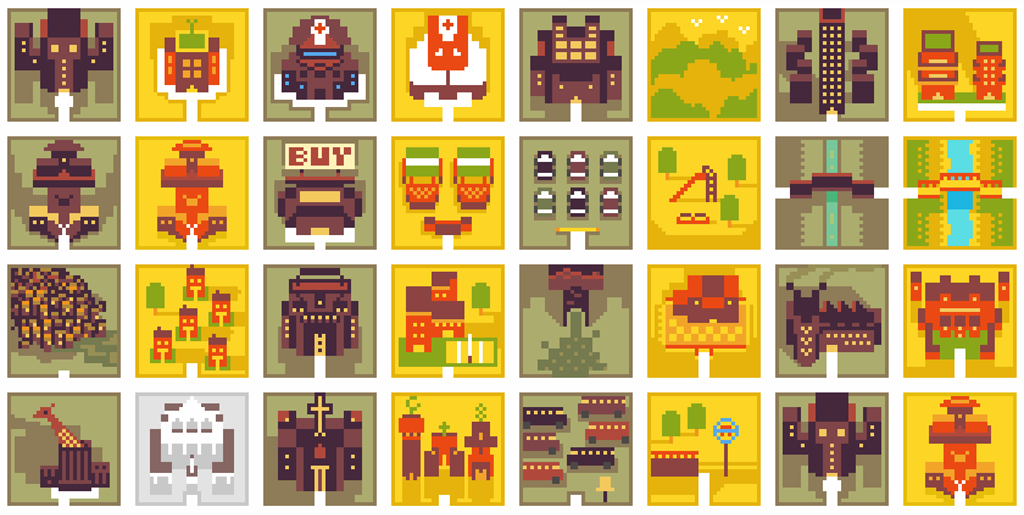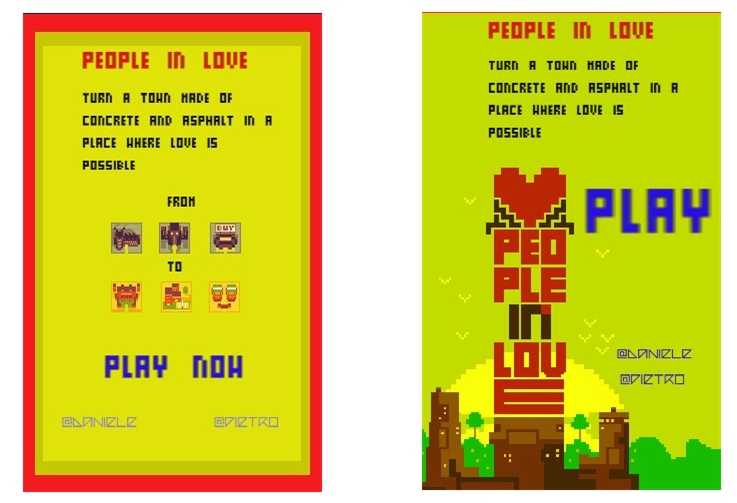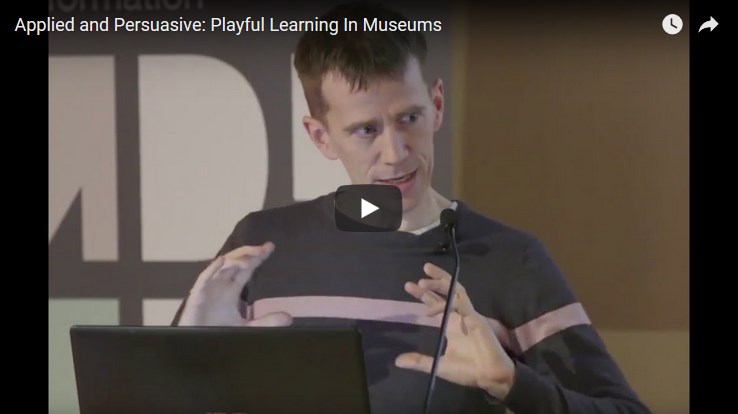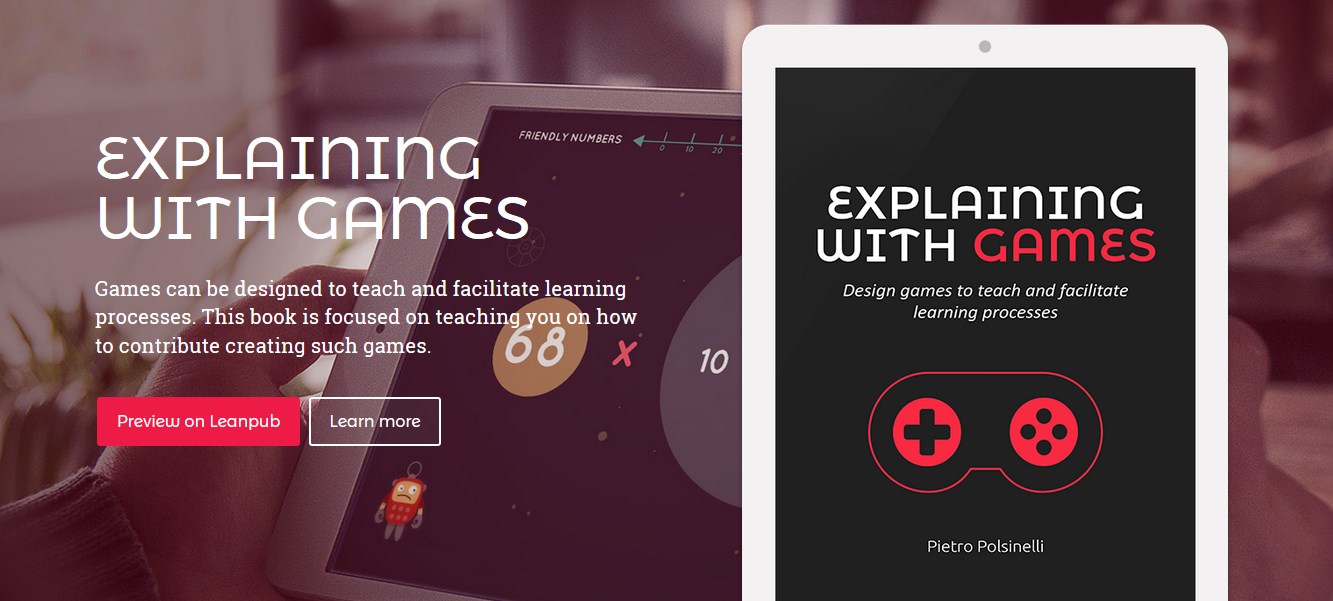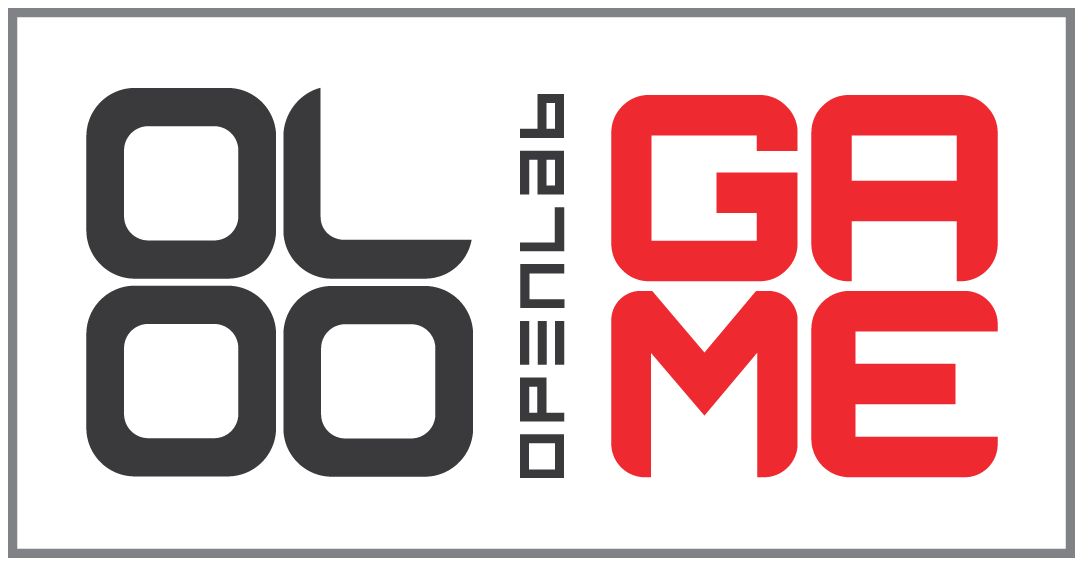People in Love is a game about building cities where people can fall in love. Cities that are not inhabited highways, nor tools for economical and racial segregation.
We hope that by playing this game some beliefs and doubts will start inhabiting the wonderful mental life of our players:
Our cities are malleable. They can change. And all of us can play a part in that change. (From The Happy City)
People in Love is a kind of Sim City where you are the people living in the city instead of the architect. Nobody up to now asked the Sim City inhabitants what they thought about their own city planning, and about the planners: its time to do that! It is a game that tries to indirectly talk about a quite serious matter, while being structured as pure mobile entertainment.
People in Love is produced by Daniele Giardini and myself (Pietro Polsinelli), and will be first played on smart-phones. Here I present the project idea and current status; playable alphas here (currently only for desktop browsers).
Inspiration
The game idea came to my mind walking around Rome a warm spring evening. I was there just for two days for the Codemotion conference (where I talked about games & storytelling), and when I reached a wide street with Roman ruins (yes, not uncommon in Rome…), the ruins where inhabited by people talking, kissing, smoking, embracing in the warmth of the evening. Happy people.
At about the same time I started reading The Happy City, a book loaded with ideas about understanding and improving our own communities. The author was initially inspired by two Colombian politicians Antanas Mockus and Enrique Peñalosa, who did so much to improve their town, Bogotà.
“An advanced city is not one where even the poor use cars, but rather one where even the rich use public transport,” Enrique Peñalosa
The majority of cities will be built in the next decades in developing countries, so what we set now as standards will have a great impact on the future. So why not use games to express in an accessible way this complex problem? Town planning and building is so common in games!
But we didn’t want to simply play as the God / architect: as Antanas Mockus showed so well, quality of life means quality of life for all, not just for a happy few. Consider the beautiful and participative architecture of Bjarke Ingels:
Turn surreal dreams into inhabitable space
To me the core problem of brilliant innovative architecture like that of Bjarke Ingels’ BIG group is limited reach. The hope there could be the power of examples?
Another different danger is the idea of urban intervention as building a smart city, a set of ideas pushed by corporations for grabbing public money; ideas not chosen by people, and benefiting (if anyone) a thin layer of the population.
As I’ve been experimenting recently, videogames are so entrenched in the life of young people that videogames can flip their role from way of isolating yourself to way to socialize and communicate, specifically in my experience to get to talk about experiences of psychological or physical violence. Games with their immense reach can and should be used as media for new ideas.
What you do in People in Love is not playing the part of the architect god: you manage a protest movement concerned about urban space usage. There are today no taboos to what we let cars and concrete do to our urban lives: maybe its time to build some. Let’s start reclaiming space and changing its usage!
The game support changing existing urban structure, not just creating new “perfect” space. One should also consider that in all urban interventions there is always the danger that the newly qualified zones become valuable and hence inaccessible to those these were supposed to benefit.

From Sprawl Repair.
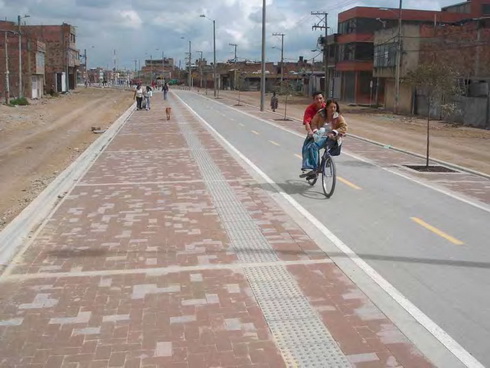
The city should be an inclusive space, not a transit area for cars.
In a fair city, 8 and 80 year old can go around safely and independently.
Something strange in this image: pedestrians and bicycles in a proper road and cars in the dust?
The game
This kind of game should reach the widest possible audience. So we want it first to be available on smartphones, and to be playable by all. It should somehow fascinate and adapt to non hard core players habits. It should also be compatible with our non existent budget, so be technically simple and with minimalistic graphics.
From these requirements we did a game design that is based on a single kind of input – tapping – which does everything: send demonstrators to buildings, make them more excited, send them to different buildings. The graphic style is a quite refined pixel art, with two families of buildings, the bad and the good. The very simple model should also hint to our being aware of its limits.
These requirements made us put together simple atoms, but the resulting universe is combinatorially rich and resulting game play is complex; the towns are procedurally generated and hence every play is different, the actors involved – town council, the evil builders and the activists – generate many actions and counter actions.
People in Love is in development, and very rough prototypes are already available.
Here is alpha 3, here is alpha 4: play them! (Currently only for desktop browsers.)
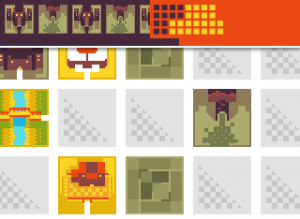 Next alpha is going to bring some deep revisions: activists will be introduced as characters, news will be animated, and the game will start with a first very simple city block to be improved in order to introduce ways to play.
Next alpha is going to bring some deep revisions: activists will be introduced as characters, news will be animated, and the game will start with a first very simple city block to be improved in order to introduce ways to play.
The plan for the final game has a few stable features, and many floating ideas. Levels will model diverse city structures, in order to make people familiar with different cases. We will also build models of existing town zones; one surely will be Pyongyang.
Enter Pyongyang from JT Singh.
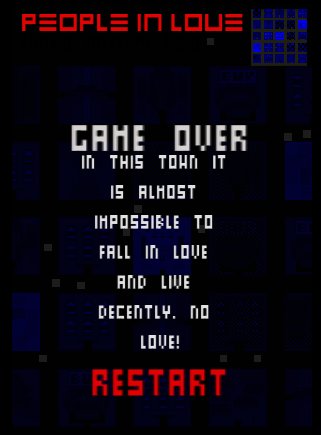
Follow me on Twitter where I post about game design, game development, Unity3d 2D, HTML5, serious games.
